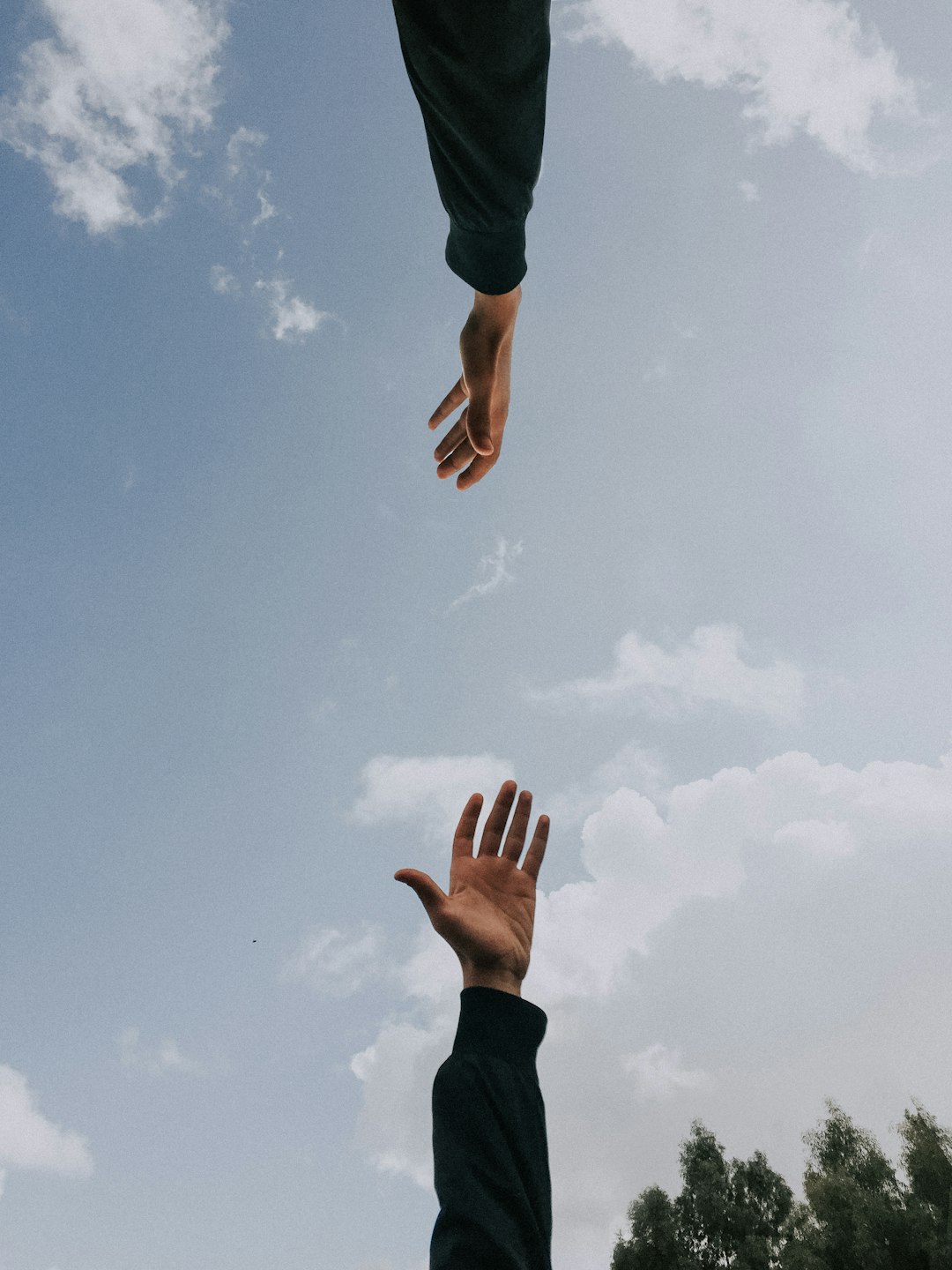
You may wonder why I’m writing about community building, when just last week I was going on about how full my life is?
Well, I’m a walking contradiction - like any other normal, healthy human. But also, I don’t view community building as an extra burden on my time, I see it as essential to my wellbeing.
(Before we go on,…
Keep reading with a 7-day free trial
Subscribe to prioritise this to keep reading this post and get 7 days of free access to the full post archives.


